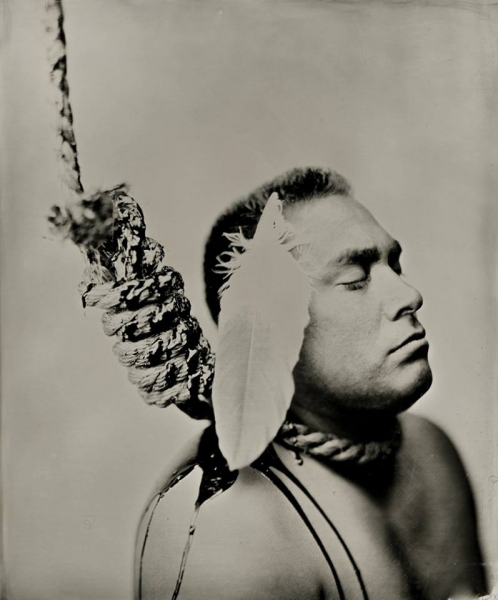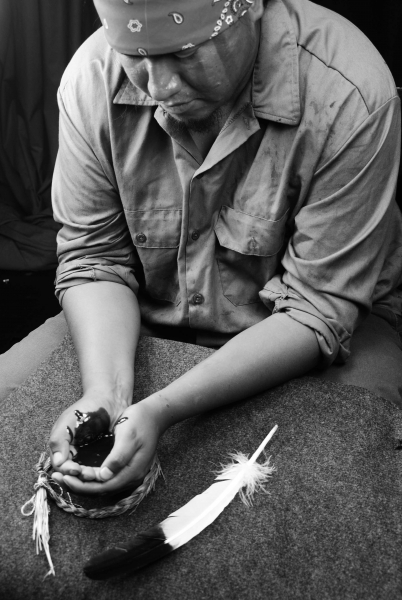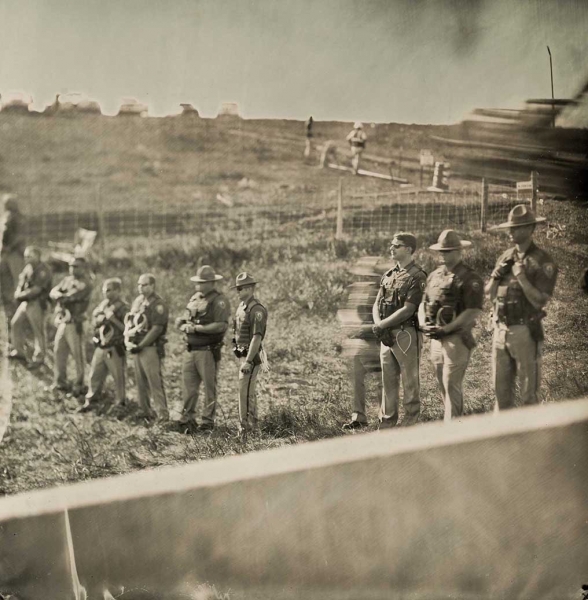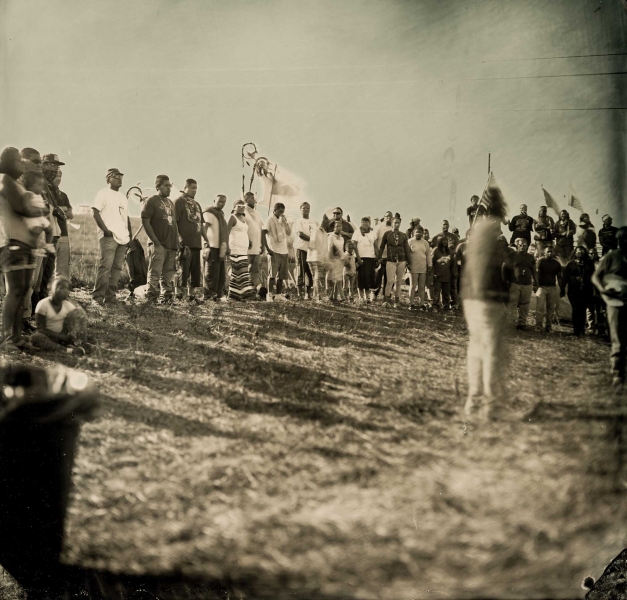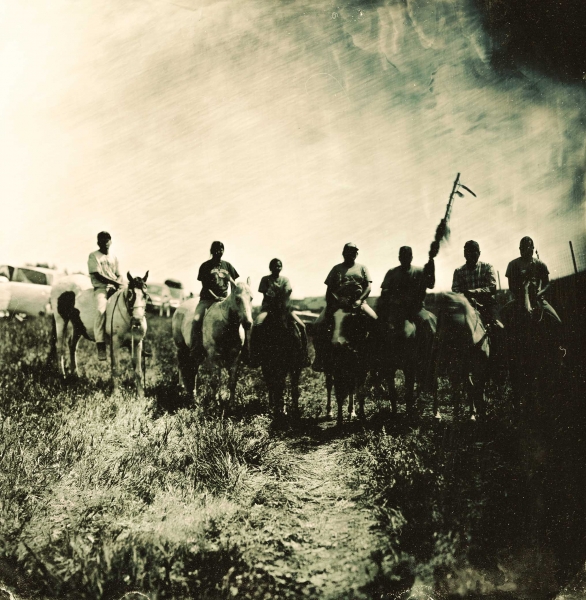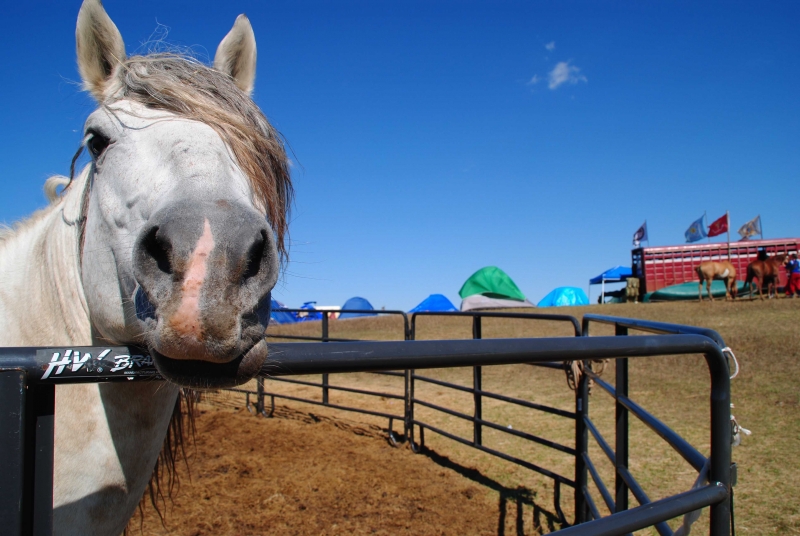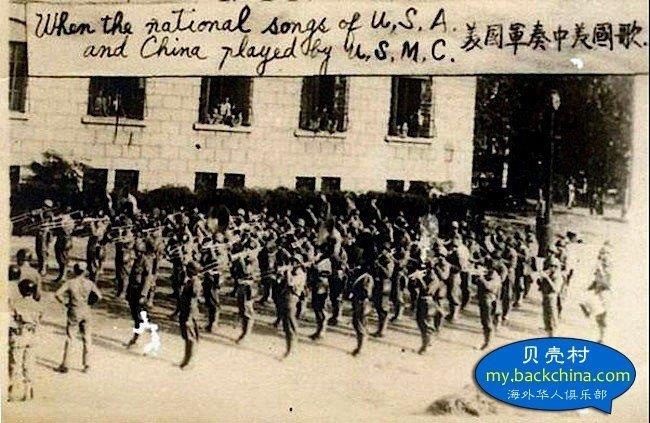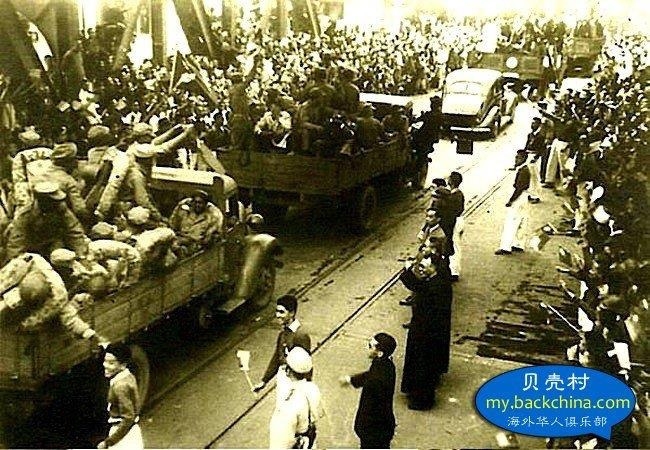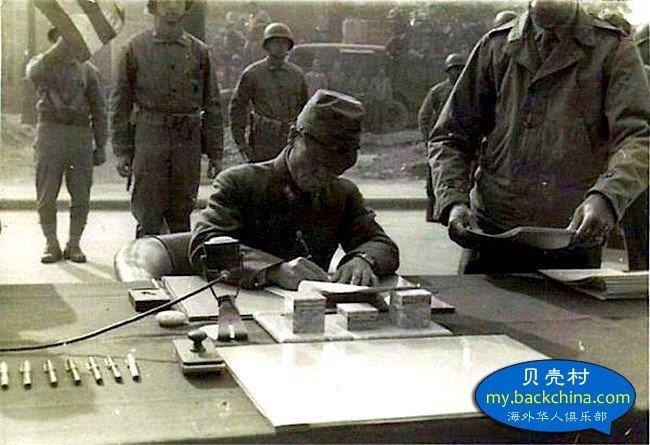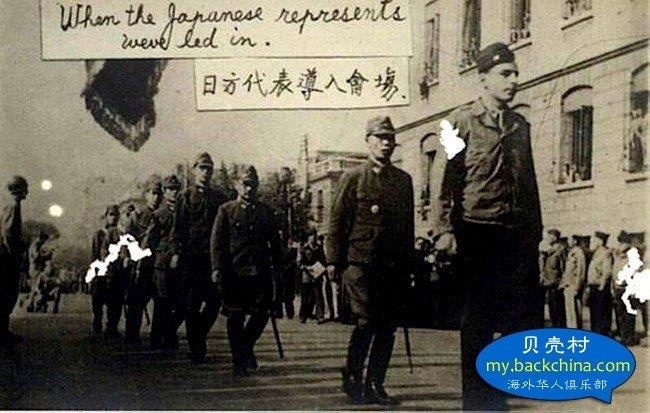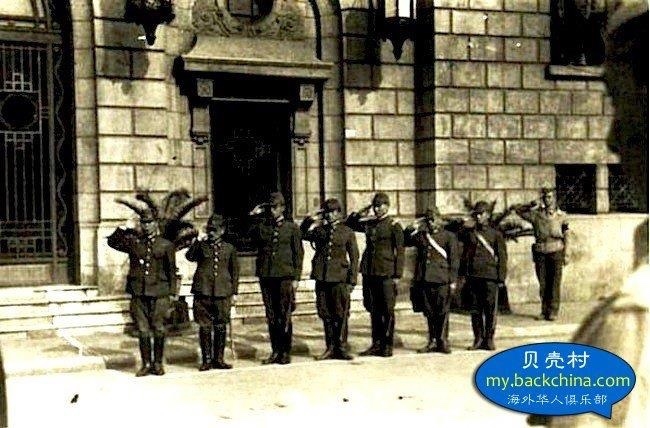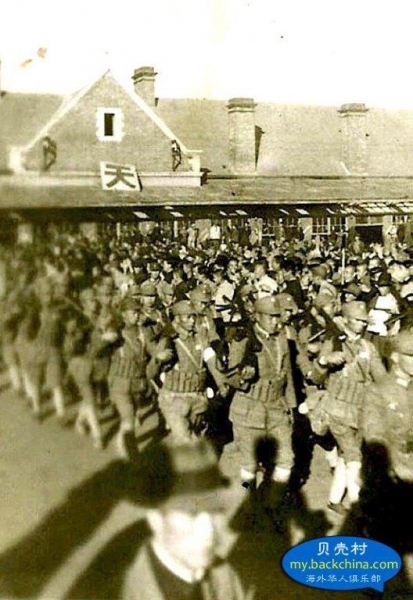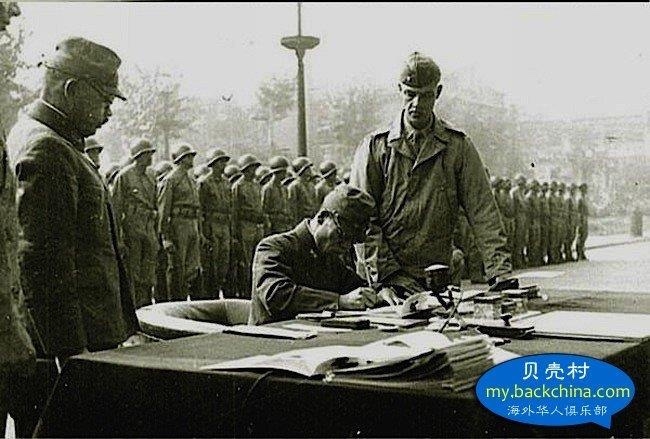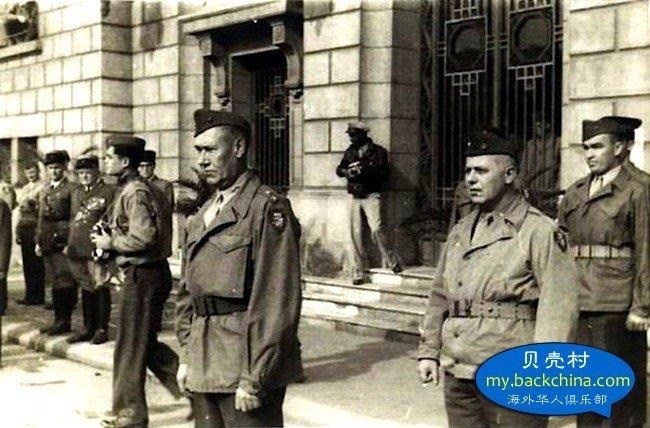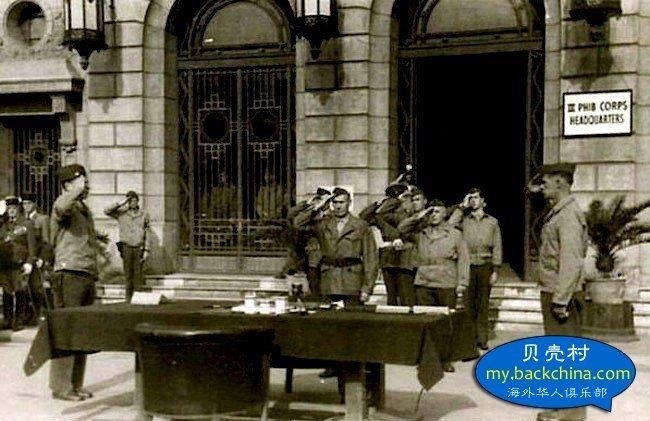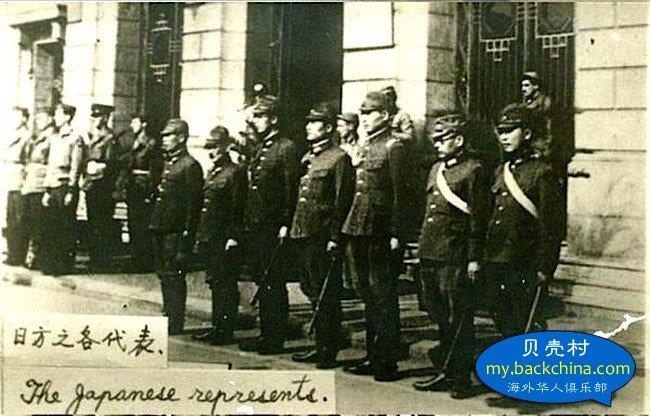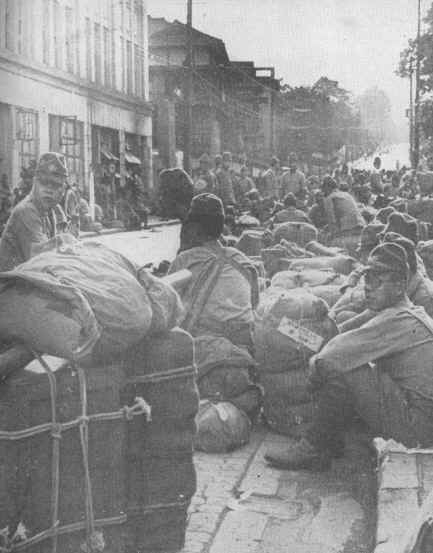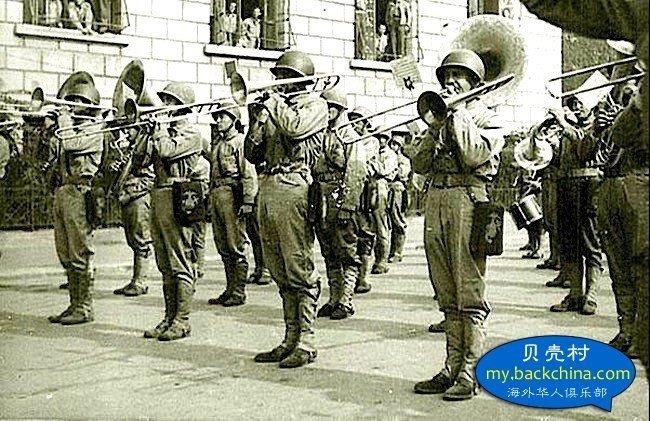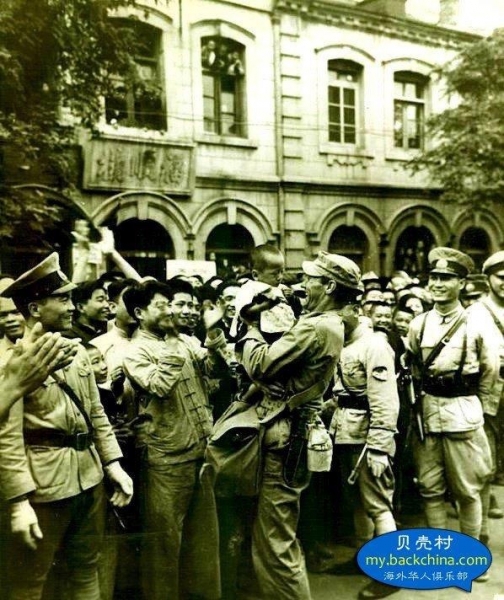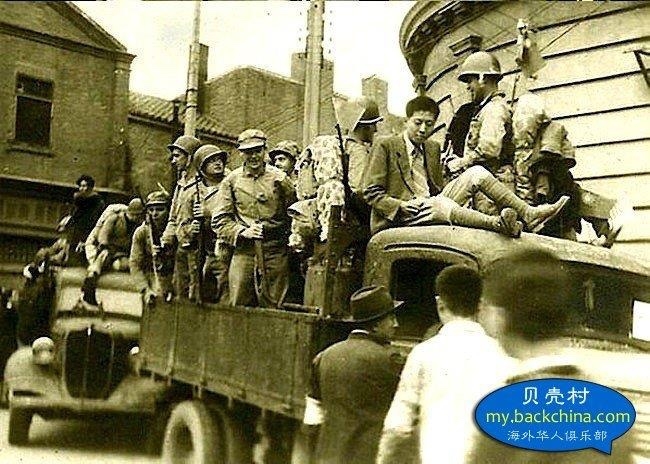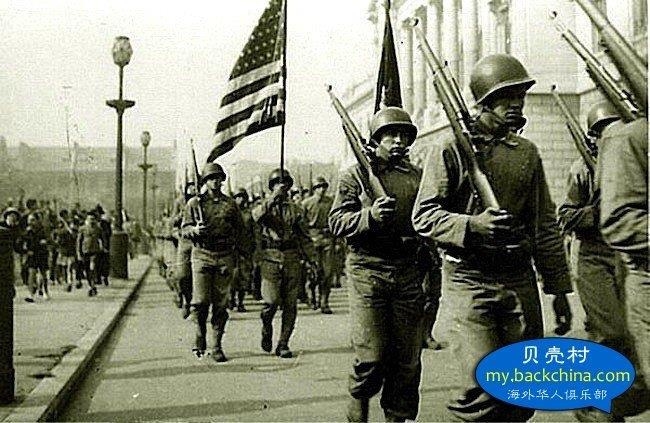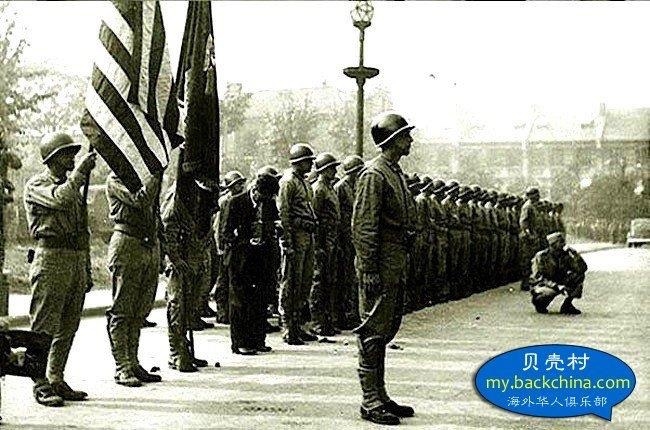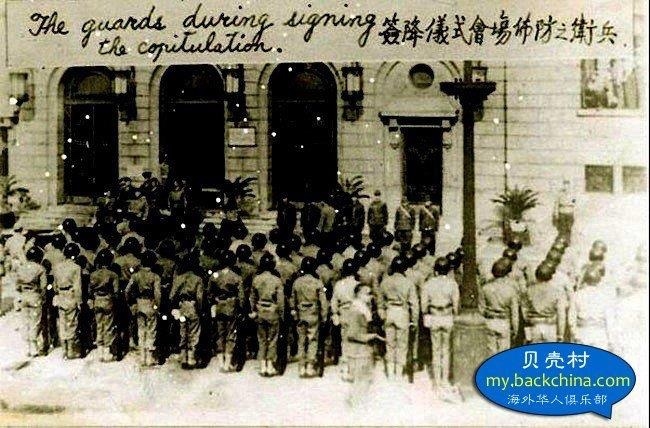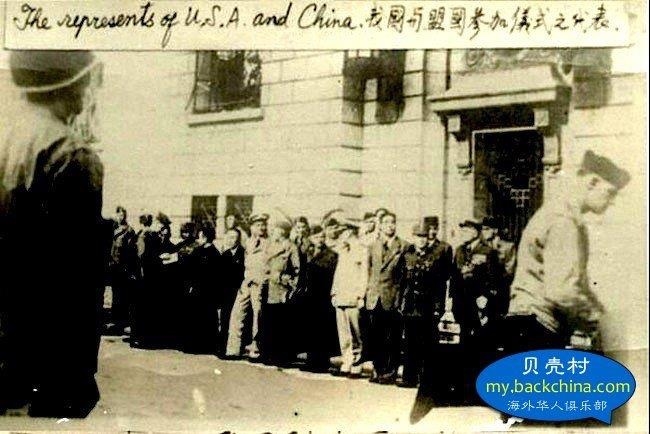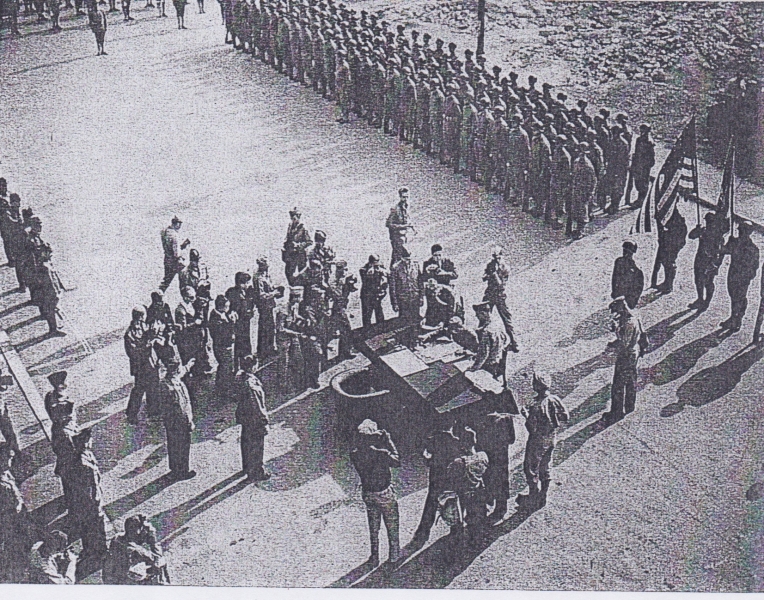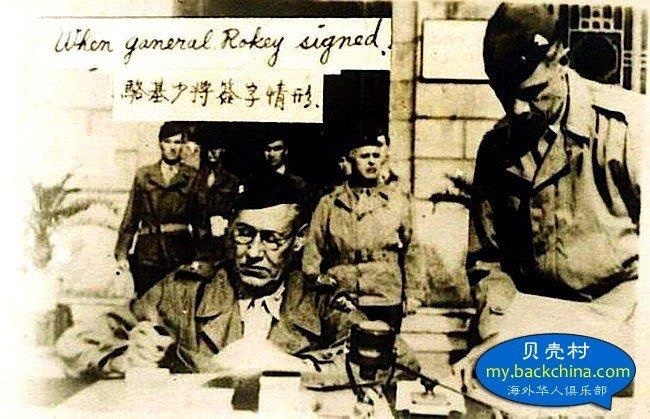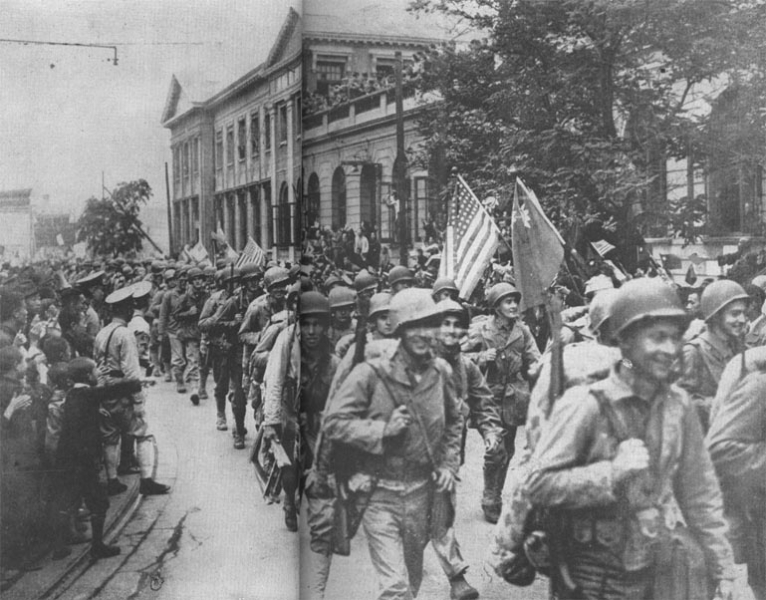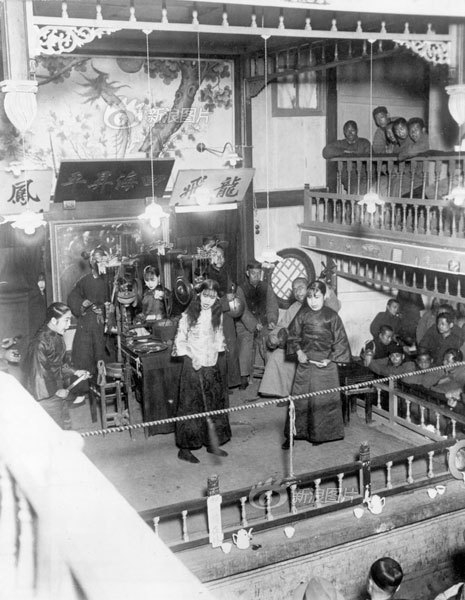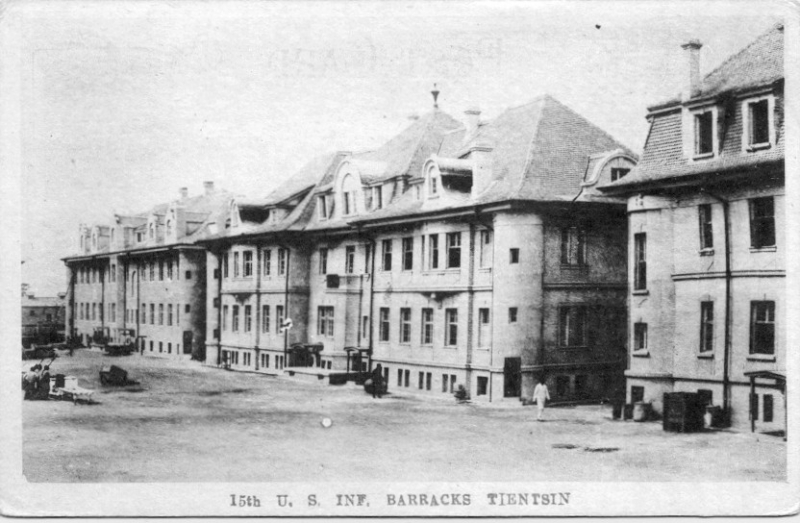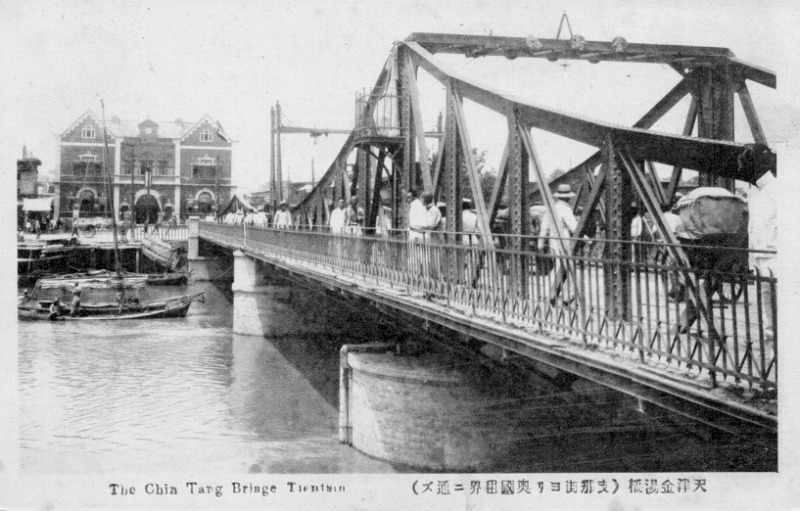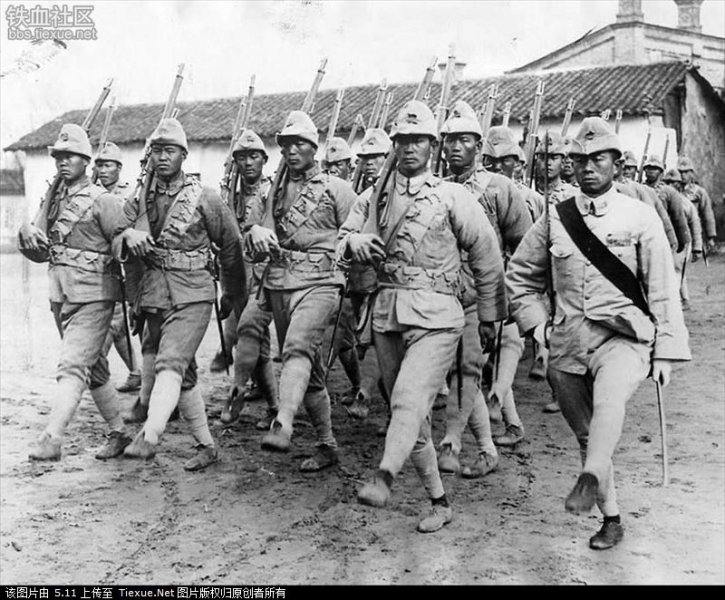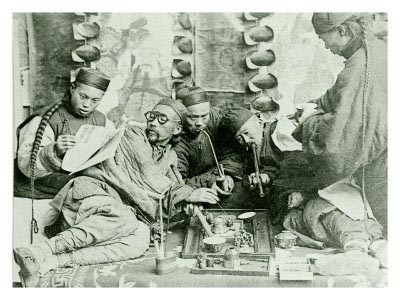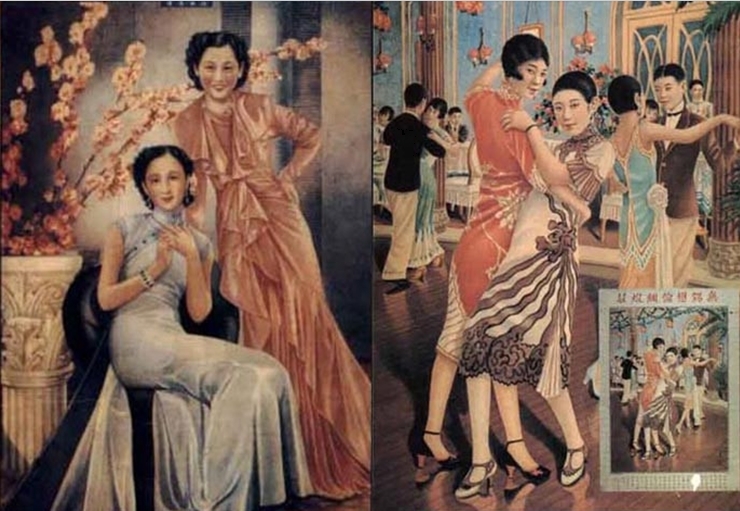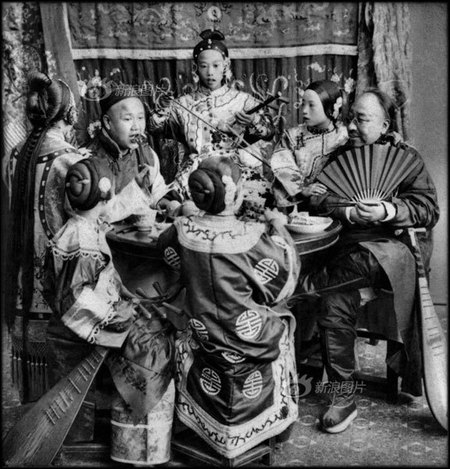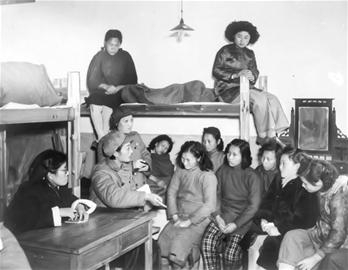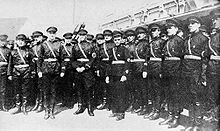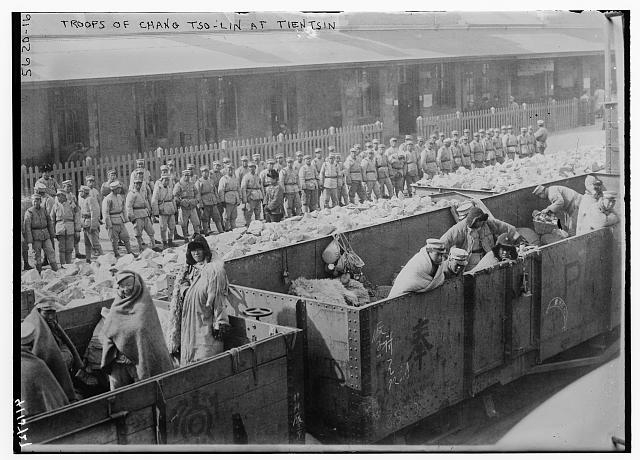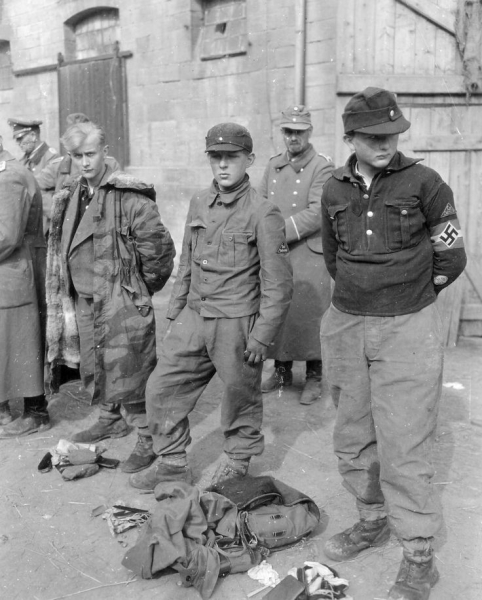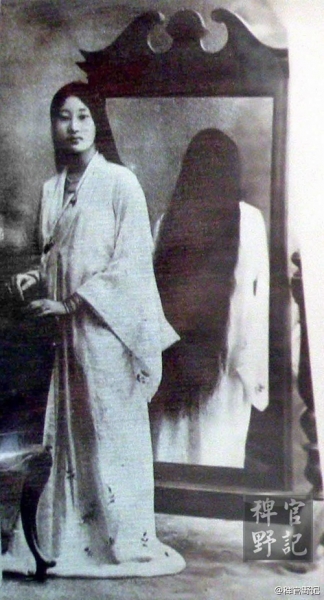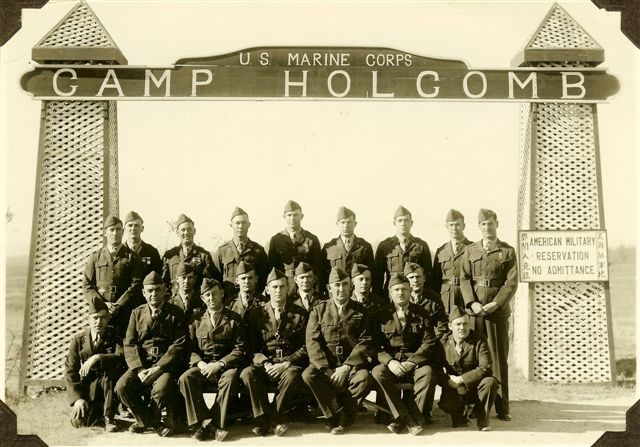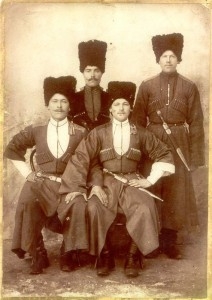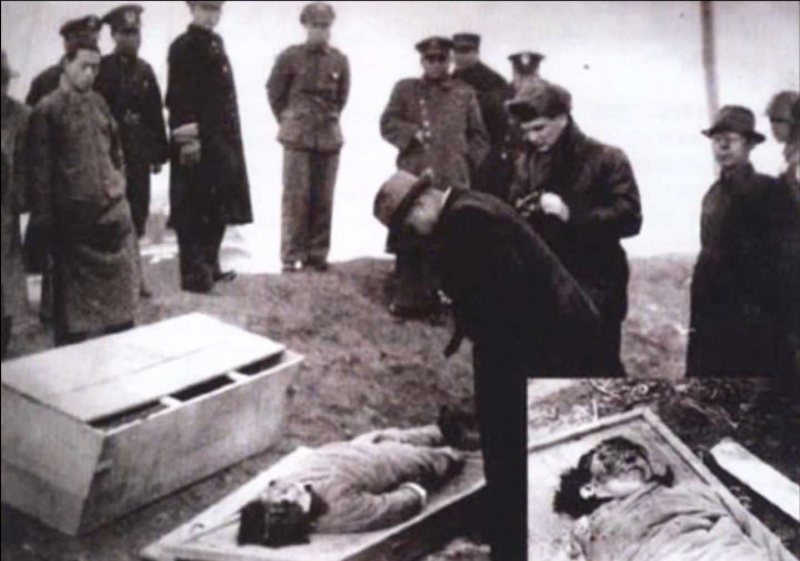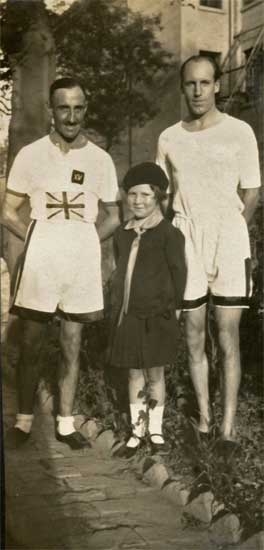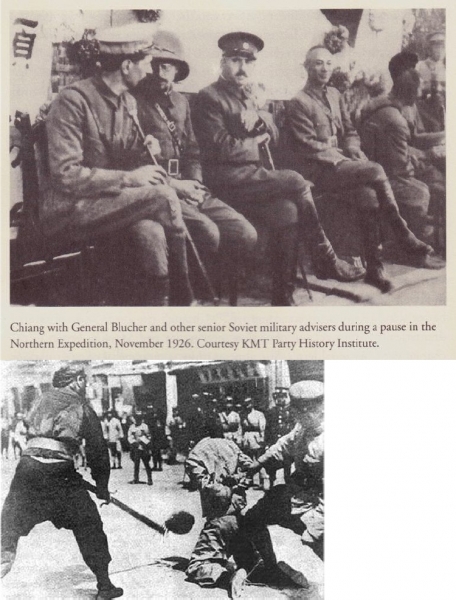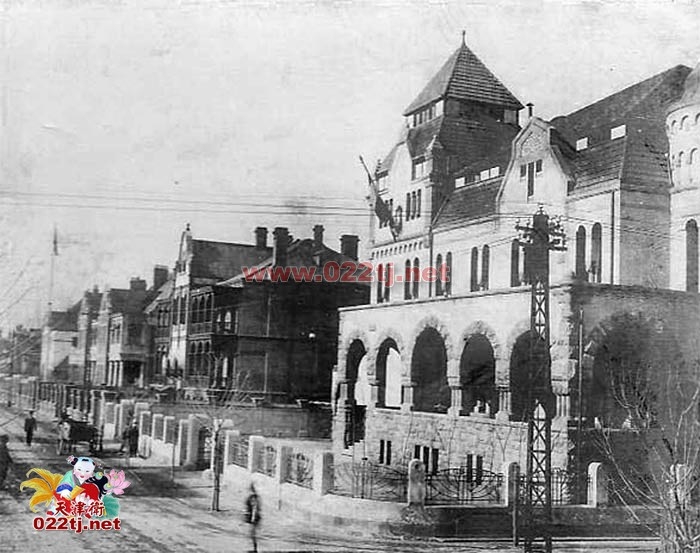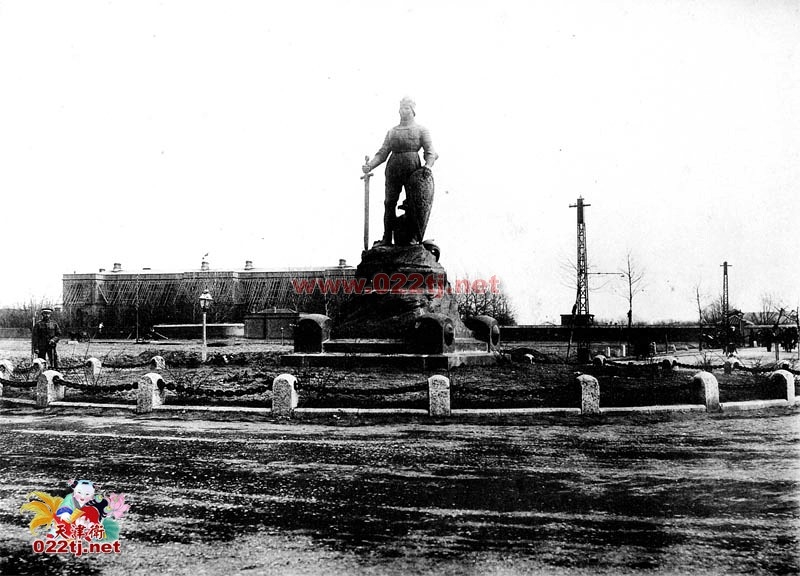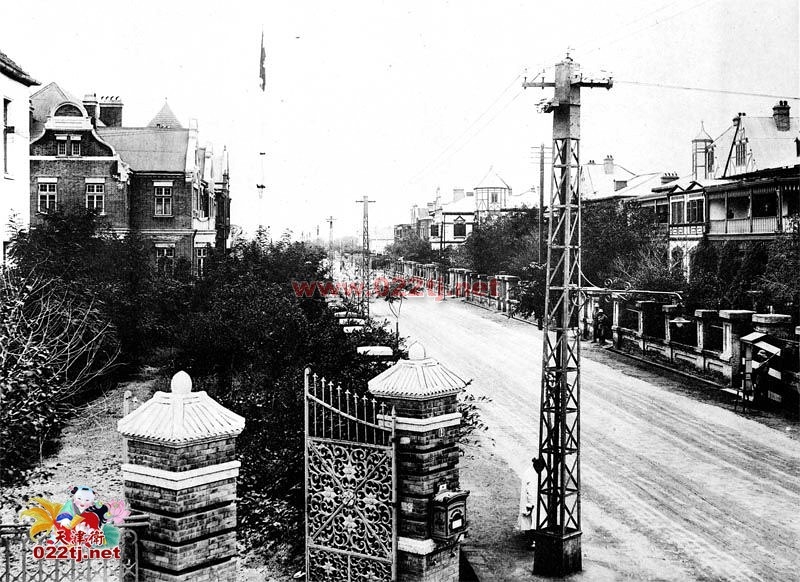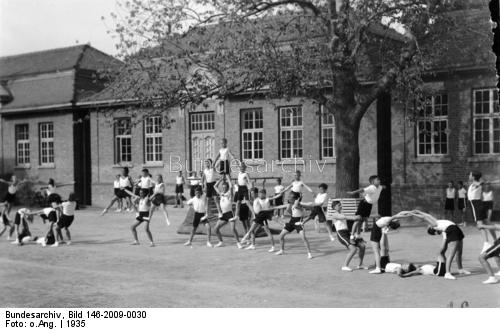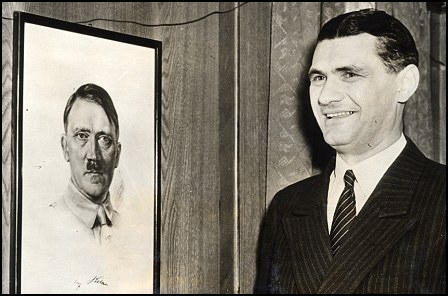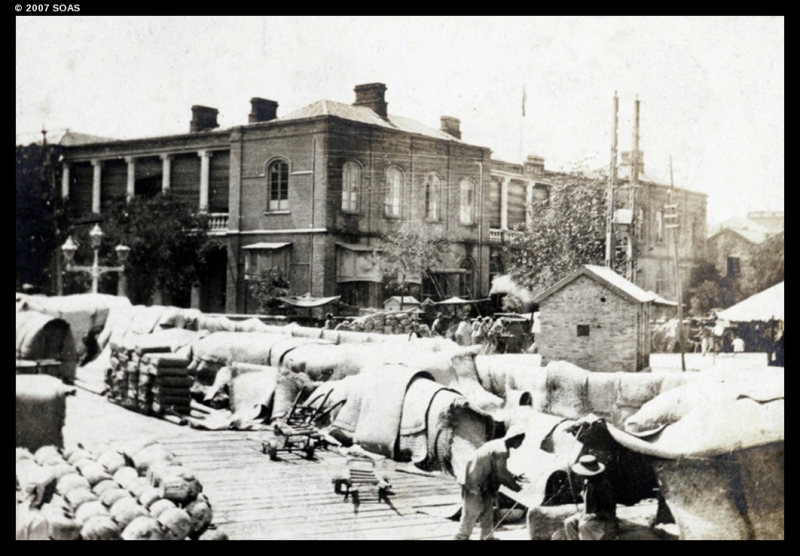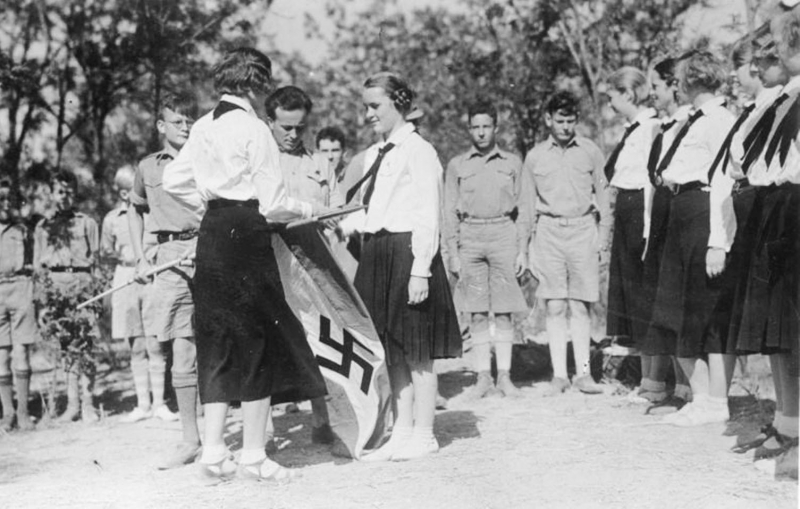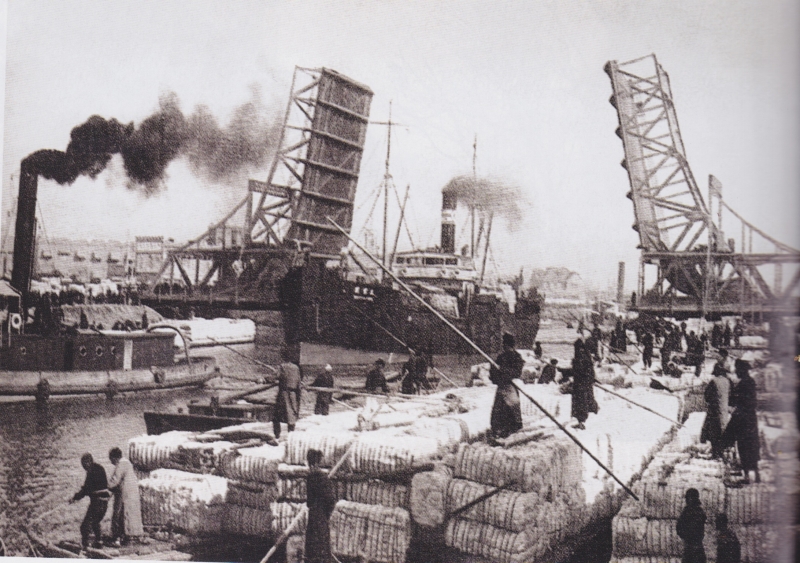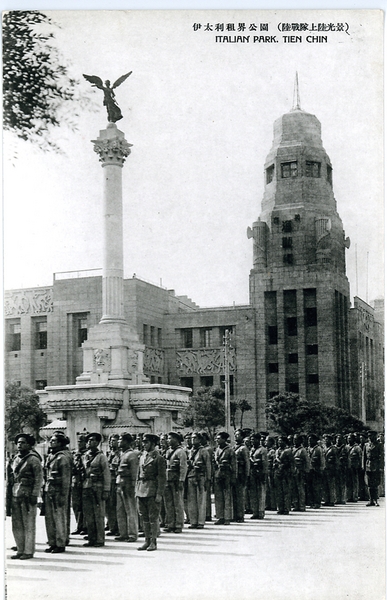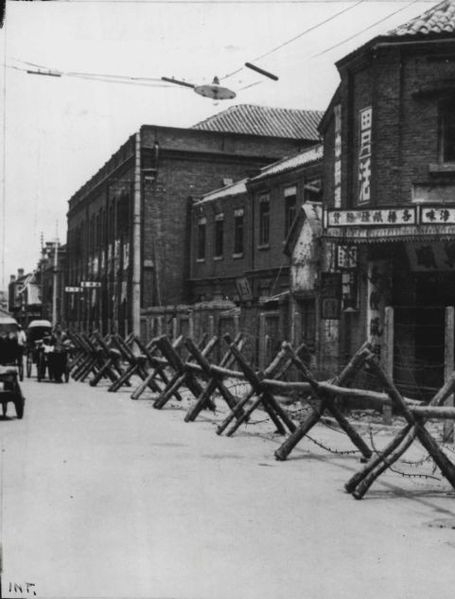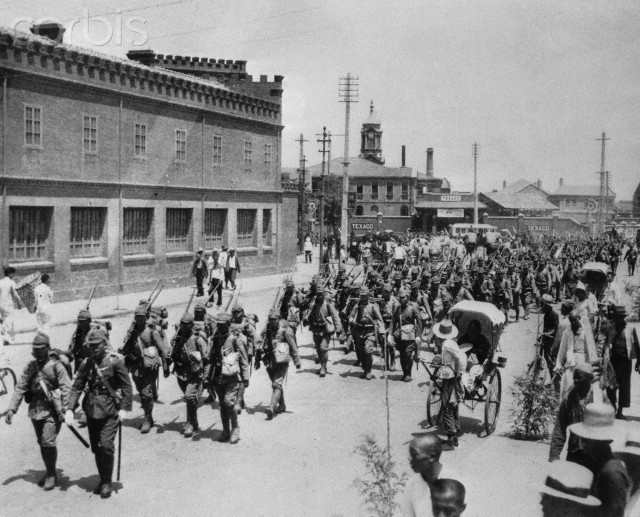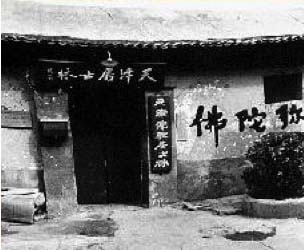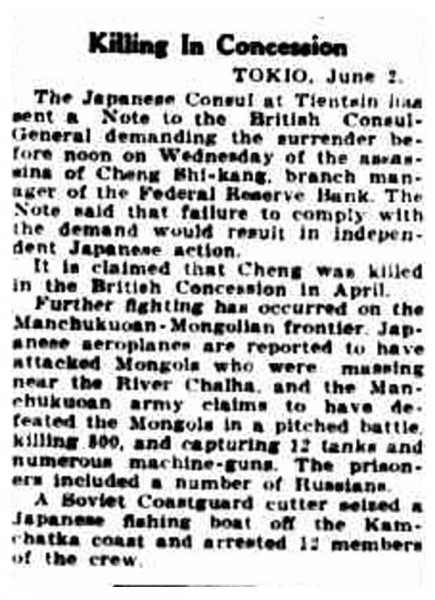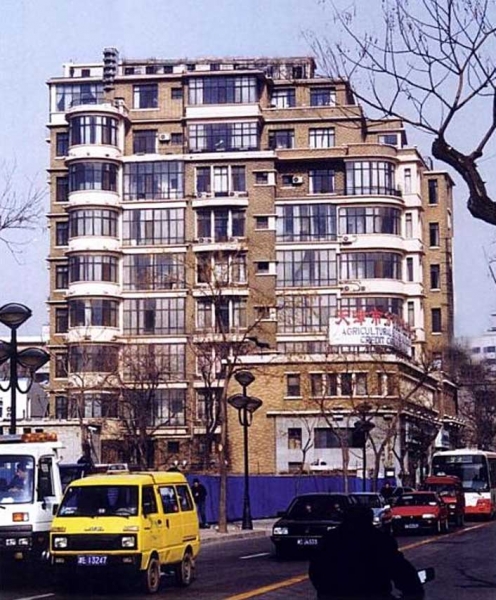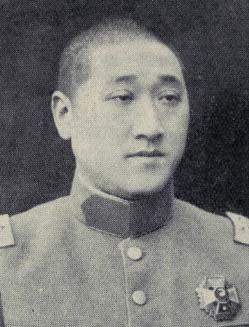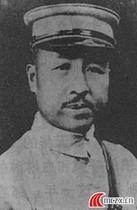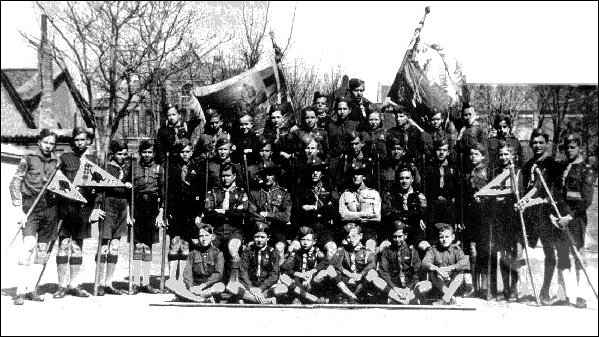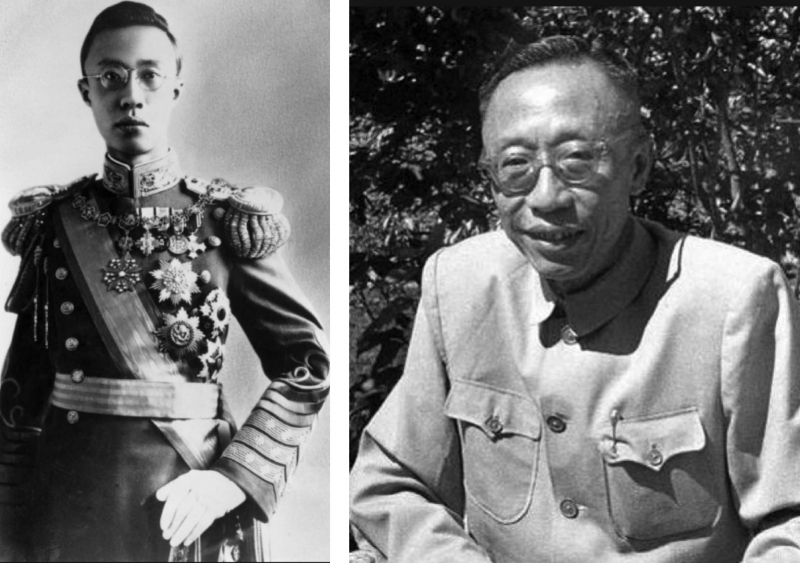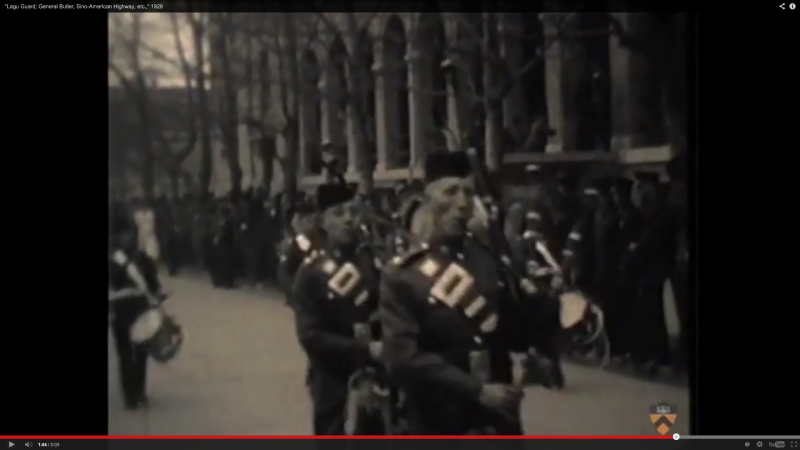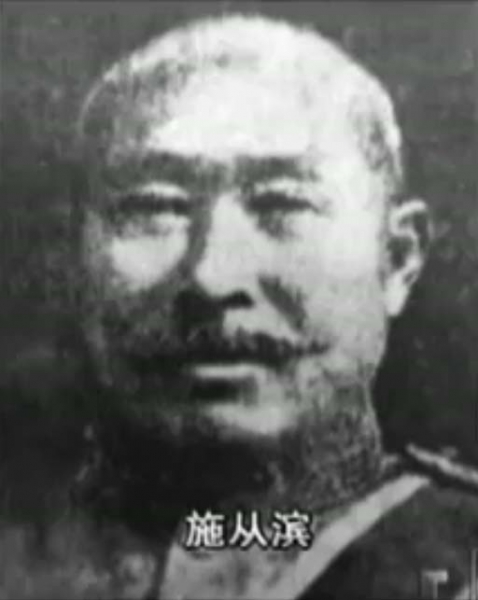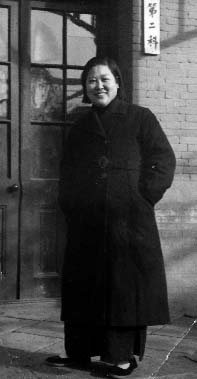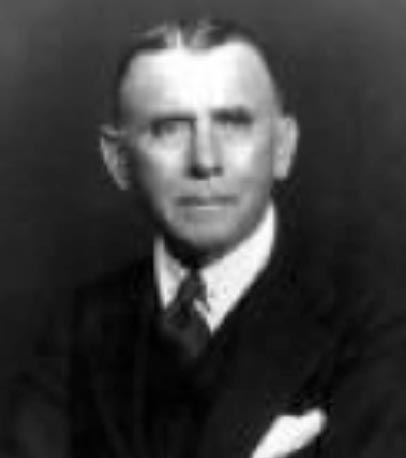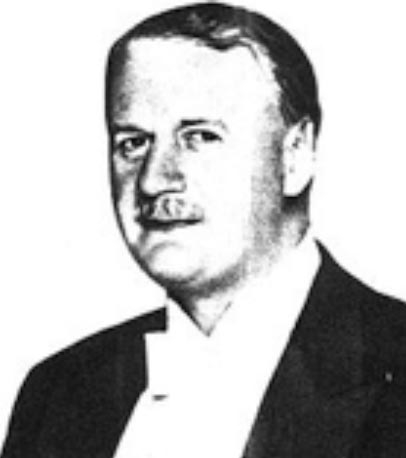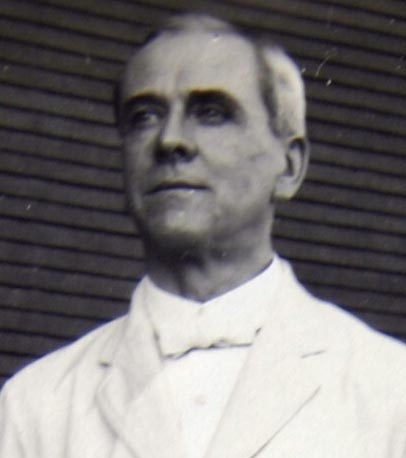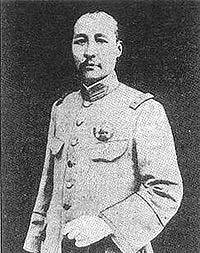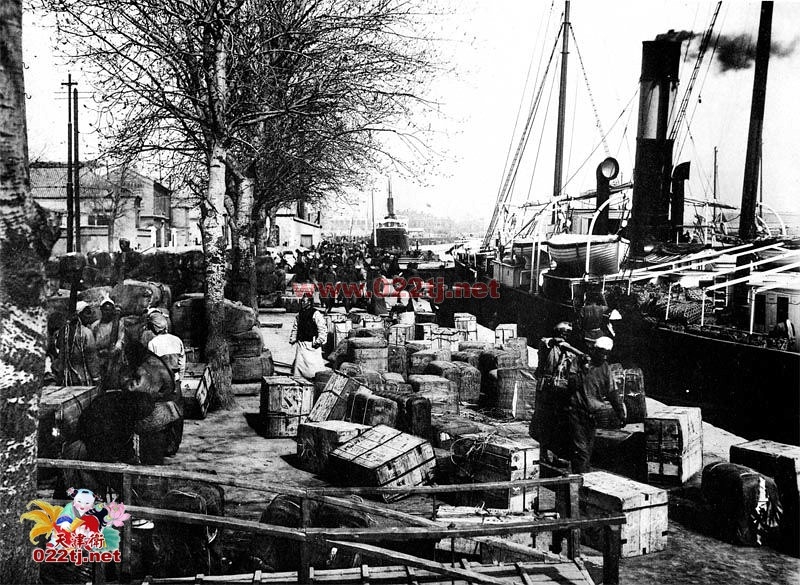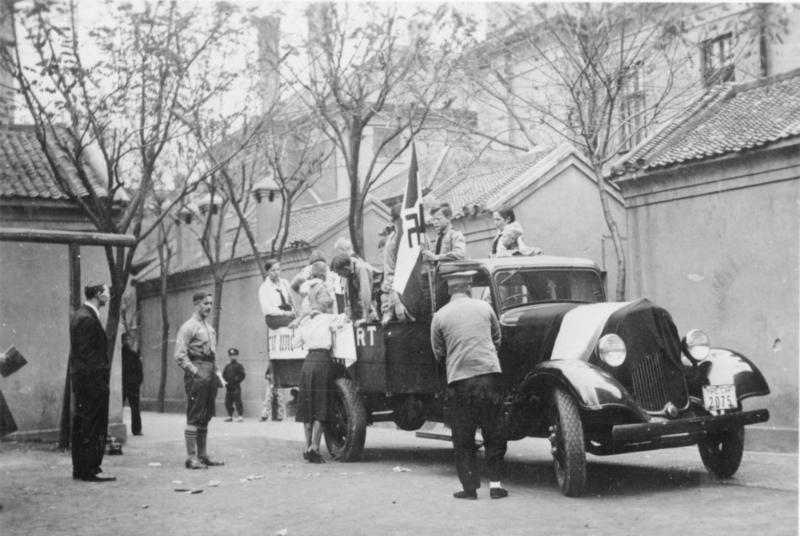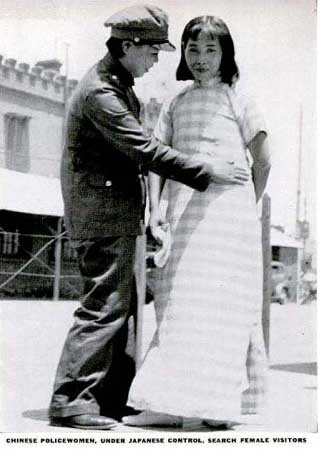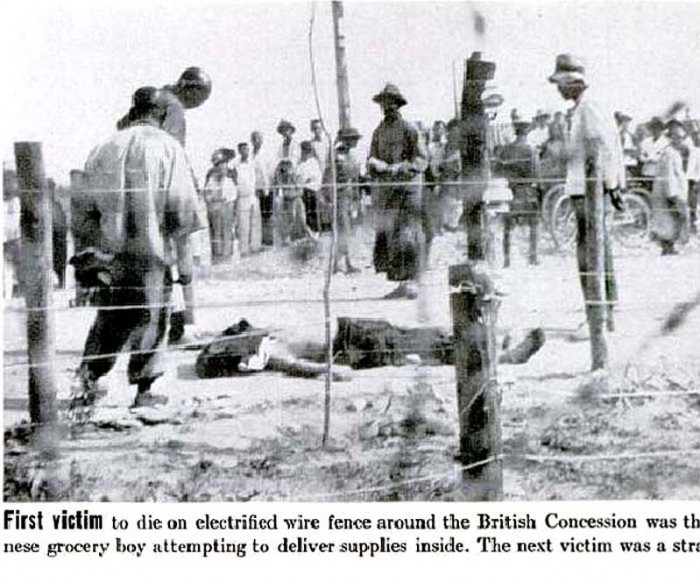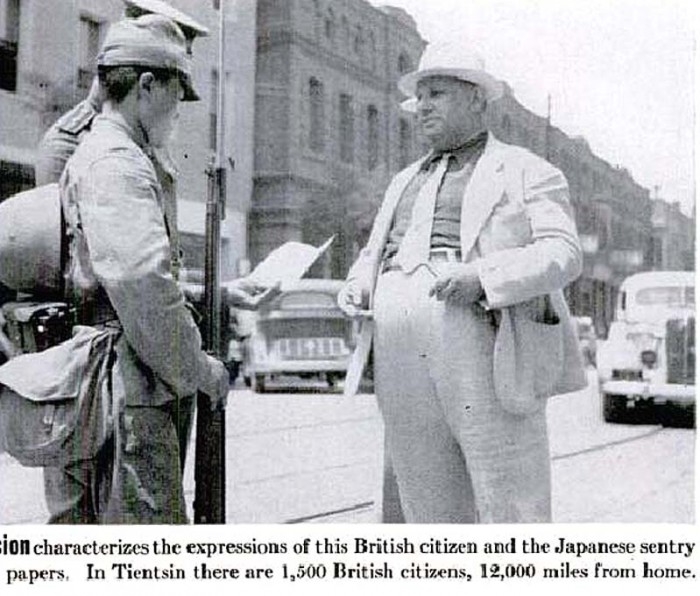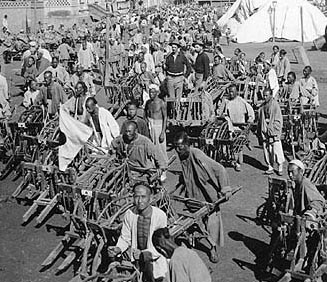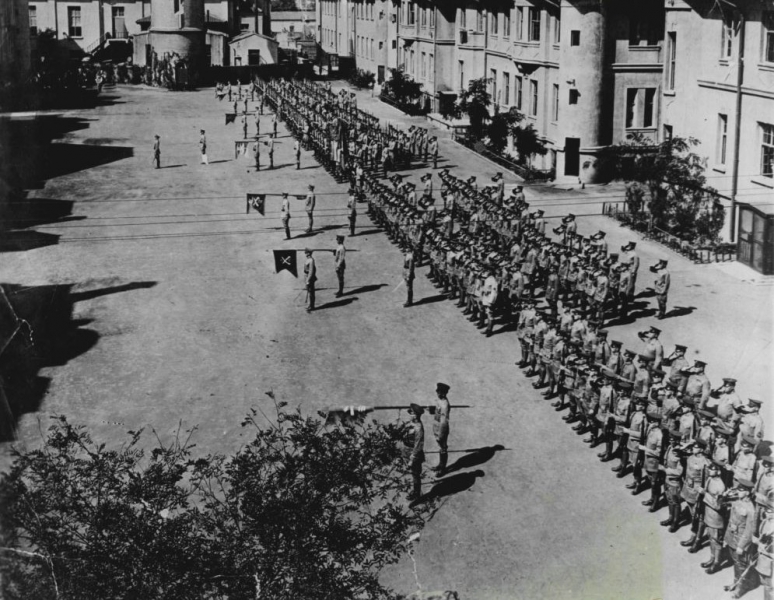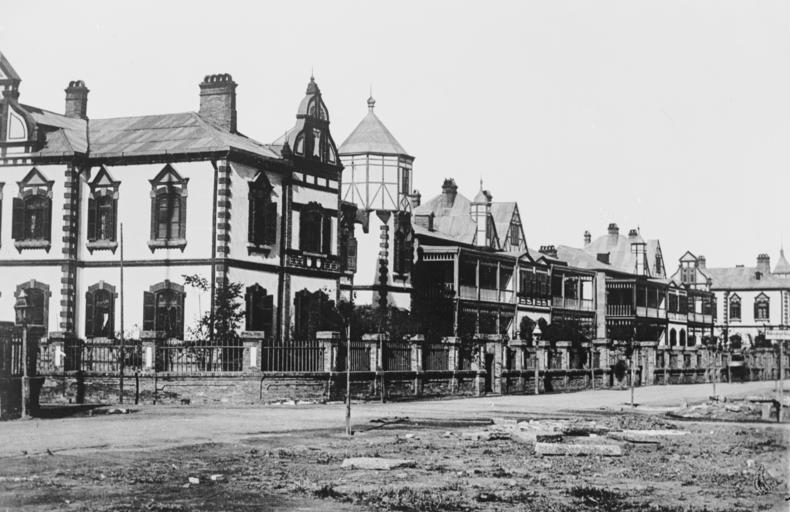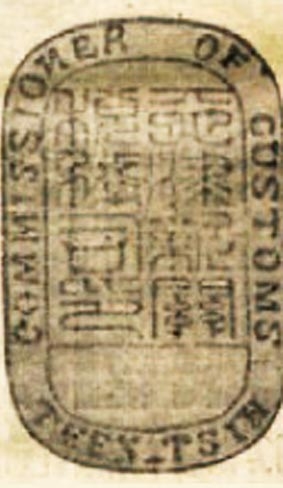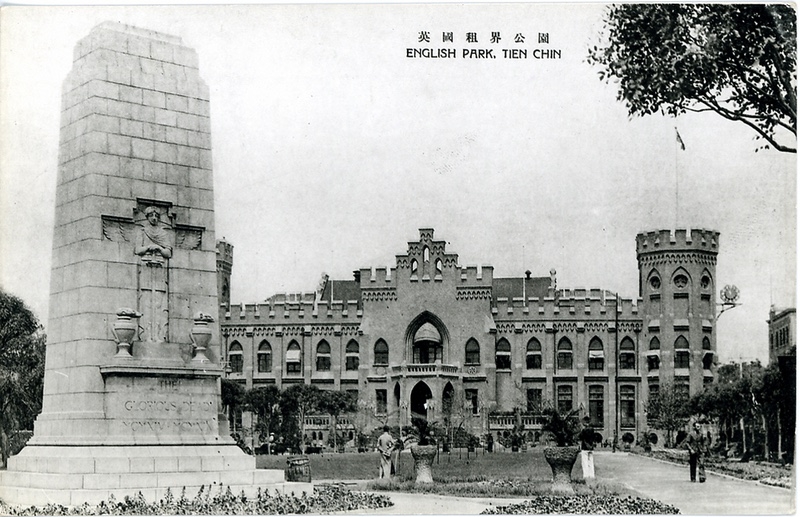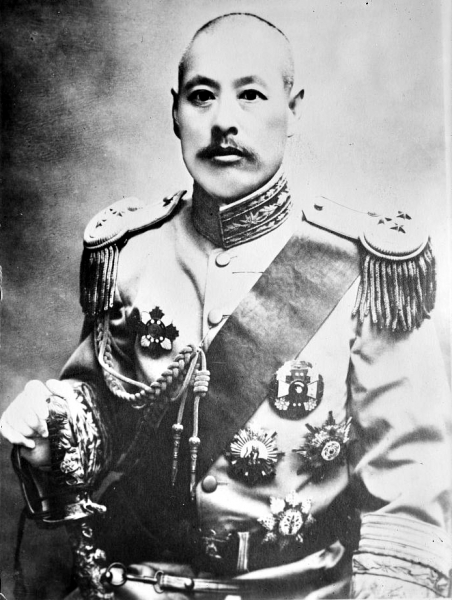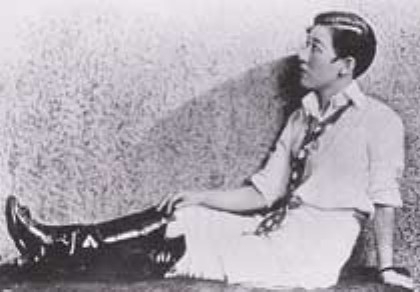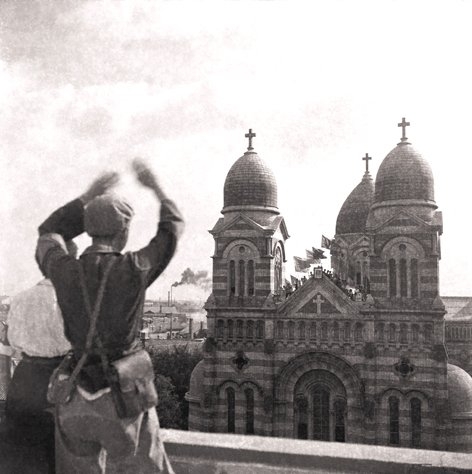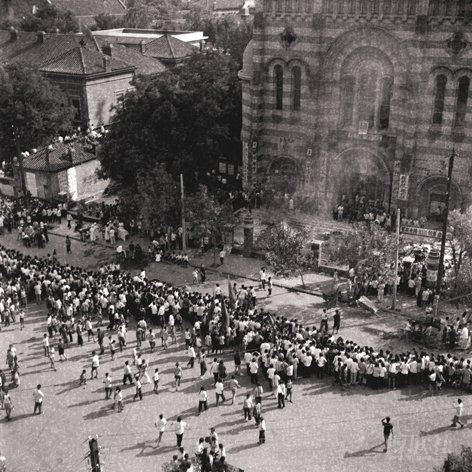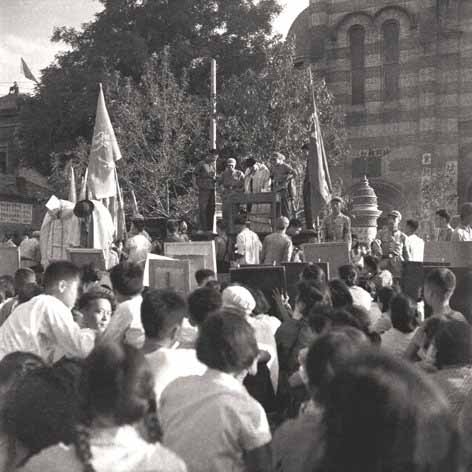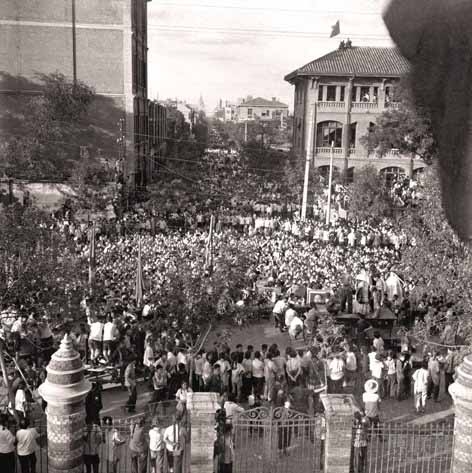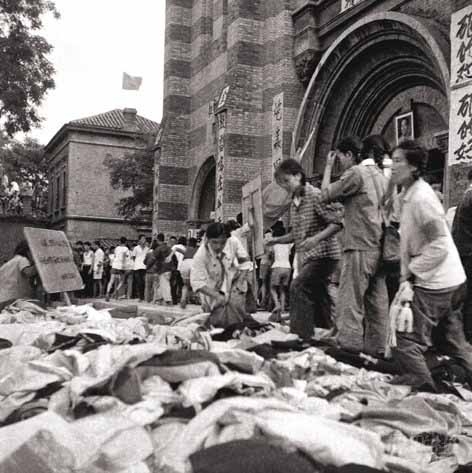氣
Rusty water dripped from a sagging ceiling on to a pockmarked table. The droplets pooled and slipped through a crack that ran through the only furniture Soren Anderson owned. Soren dipped a bony forefinger into the ruddy plash. Pipe water resembled blood, and then ink, then blood again from erratic neon light. Transformers buzzed like late summer yellow jackets.
He bought the table along with one rounded back chair from a belly-up bar on Goose Island, just before the Chicago city-state was formed and the island became Satan’s Sanctum, No Care Zone Number Fifty-Six. He needed to write, finish his story, but each time he brought pen to paper a nick in the hard wood caught his attention and his mind wandered. A gang fight, perhaps? A made man’s last mark before two in the head? Or maybe some woman’s boot heel, propped roughly on top for a sloppy screw. Three parallel lines along the table’s left edge resembled fingernail tracks. Cigarette burns formed a swastika in the middle. The table had stories to tell. Just like him. If only it didn’t hurt so much to remember.
Soren ran his hand across the nicked surface, exposing a forearm through his worn trench coat, which doubled as a bathrobe. Fifteen scars starting below his hand’s meaty part led to his bicep. His arm was a fleshy, barren field tilled by a razor’s edge. Each discolored furrow was equally distant, a thumb’s width apart. One final space was left to cut on his other arm, a space to mark the thirty-first year since his heart was stolen. And then he might start on his legs. The worst scar however, wasn’t on his arms. Starting below his jugular notch it ran down his sternum, took a violent turn over his left pectoral muscle and ended at his armpit. The giant, pinkish L-shaped scar made him shiver every time he saw it through the soap scum of his bathroom mirror.
L for love or lost, love lost.
Soren turned back to the yellow notepad and read what he had crossed out with his Uni-Ball.
“It wasn’t my fault. Danni Pan poisoned me.” True, but a boring beginning.
Spilled gin smeared the second sentence, something about foxes and hearts. Skipping to number three, which ran the width of the page to the ninth pale blue line, it was the best he had written yet, but gave too much away.
“I arrived behind the bamboo curtain with nothing more than a cold, one of those slow, comfortable sniffles that carry a husky, after sex voice but light enough to still cough through half a cigarette. And I escaped almost the same way, three years later, a fake Marlboro dangling from my lips, but without my heart.”
Words. That’s all they were. But strung together pained him to read. Instinctively, he reached his right hand to his chest, still wishing, hoping to feel a beat, anything that resembled a pulse.
His veins were silent.
A cool breeze shifted the curtains, turning the jaundiced gauze into a flaming wall heralding spices from the Mexican restaurant across the street. Sometimes through his window, usually in autumn, when the breezes blew just right, he could smell something resembling Norma’s alfalfa fields, in the former state of North Dakota, and the scent would take him on a journey home, to Klara waving proudly from the back of a red convertible after winning the Miss North Dakota Pageant, and to his daughter, whom he hadn’t seen in thirty years.
Ah, Klara. Every single man within a hundred miles wanted to court her in those young days, but she only had eyes for him. She was his first friend, his first love. Before Danni he had only ever kissed Klara. He missed her. Not a day passed when he didn’t wonder about their daughter Vivi, short for Olivia. Stomach cancer had taken Klara’s life nine years ago. He kept track of local events and obituary notices with a subscription to the Kenmare News. Vivi, as far as he knew, was still alive, but probably wanted nothing to do with him. The only photograph he had of her was a wrinkled three by five still folded in his wallet. She was six then, which would make her thirty-six now. If he had the opportunity to see her though, he would, but from a safe distance, just to make sure she was all right. A man in his condition couldn’t afford friends or family. They always died in the end.
His left thumb caressed a groove in the table. It formed the letter C almost perfectly. That looks like a bite mark. But whose Lilliputian mouth could possibly bite the top of a table? He was procrastinating again.
Soren shook his head angrily and forced the pen’s tip through the notebook’s first few pages. Ink leaked from the tip and spread across the page. He was not a writer, but grammatology, like mechanics, always intrigued him. He had a story to tell, although nobody would believe him. They should though, everyone really should. Danni would find him sooner or later and retrieve what she had not taken that terrible night in Three Rivers, China. Already their yips and howls woke him at night. Fox screams had a way of unnerving a man especially in the dead hours of a crowded city.
His hand bumped a hard object under his unwashed, wife beater t-shirt. He gripped it tight and closed his eyes. Is there enough time to finish? The oblong object clung to an iron chain around his neck, and it was his only protection. Toumuk, they called it in the East. In English, it was nothing more than carved peach wood.
Slowly, Soren withdrew the wood from beneath his shirt. The metal links jangled, conjuring hobbles and led balls and weighed unusually heavy in his palm. So far the amulet protected him. When fox demons neared his senses heightened. Air gave him cottonmouth, but if he held his breath deep inside his vision cleared, his muscles tightened and inside, perhaps it was his soul, stirred.
He studied the amulet before slipping it back under his shirt. It was shaped like an Indian arrowhead. A strange, Chinese symbol was engraved in the wood’s center. He guessed it was a charm fox demons didn’t like. The symbol’s top resembled a horned beast with squiggly marks. At the bottom, lines connected by small circles resembled a Galilean star chart. It was the only gift from his one time friend, Little Jack.
“Curse you god,” Soren said. “Curse you to my hell.”
There were no gods. The gods were on a very lengthy vacation. He would live long enough to finish his story and warn the world, hopefully no longer than that. If nobody believed him then fuck them. Fuck them all.
Books at the far end of the table broke the harshest neon beams. Since his escape back to America he had collected every written work he could find on fox demons. The authors were most likely dead now, for he had never known another man like him. First, there was J.J.M. DeGroot, an eighteen ninety-two author of a six-volume series on the supernatural in China. Then there was Pu Songling, a seventeenth-century author who was either infatuated with fox demons or was one himself. In his books fox demons appeared as ghosts or tricksters who ate human hearts and sucked down souls like he drank gin. Sometimes they were benevolent, and helped a righteous king. Interesting reading but neither author offered ways to kill a fox demon. Sun Ce’s book Strategies of the Warring States Period taught him about toumuk, or peach wood, as a protective talisman. Once, in another collection written in Chinese, he read about an especially sinister fox demon named Su Daji who overthrew the Shang Dynasty nearly three thousand years ago. He couldn’t tell if her story was legend or fact, and decided it was a little of both.
Soren shook a last cigarette from his pack of non-filtered Giant Pandas, tried his lighter a dozen times before tossing it across the table and used the gas stove. He filled his lungs with the acrid smoke, enjoying the sensation of muscles tightening against his bones. It was the only pleasure he had. He finished the cigarette in three puffs, burned his lip and cooled the injury with the last of his gin. He needed more if he was to finish his story.
Before unbolting the vertical locks on his door he turned up the trench coat’s collar, slipped on a pair of loafers and cocked a fedora low over his forehead. “Another trip to the trenches.”
Sidewalks and busy streets were his battlefield. He preferred his room’s solitude to dealing with living people. His skin was paler than most, and he wore his trench coat and fedora no matter the weather. People with beating hearts had a way of seeing through the layers and discovering his secrets. Their judgment of him was evident in their eyes, the furtive glances followed by a slight nose wrinkling as they passed. Or maybe it was just his smell. No shower or eau de toilette could rid his faintly sweet scent of cloves.
Soren poked his head from the entrance and waited before being satisfied no one was watching. Eyes glued to the well-worn hardwood floor, he closed the door gently behind him. He didn’t want to alert his neighbor in Two-B, an annoying young woman who had moved into the apartment next to his several months before. She had taken the apartment after Mrs. Papadopoulos’ death last summer of a heat stroke. Mrs.
Papadopoulos spoke no English, but Soren always understood what she said. She had been a sweet, old soul. Two-B, however, was one of those alternative types, with a nose ring and purple hair, some tattoos, probably a lesbian because all her friends were girls.
He peeped through the eyehole the day she moved in and caught her standing at his door, as if contemplating whether to knock. One hand on the railing he hurried down the stairs, turned right outside the tenement apartment and headed toward the nearest store, Mishka’s Liquors.
Soren risked the streets at night, when shadows brightened with flickering bar signs or droning streetlights. It was the best time for anonymity, when most people in his neighborhood were between their drinks, or had their eyes set on short-skirted
streetwalkers who dared breach Satan’s Sanctum relative protection. Prostitution, outside the No Care Zones, was illegal.
Keeping to the sidewalk’s inner edge he evaded protruding stairs and trashcans. He passed dark windows: Chinese herbalists, a fortuneteller’s parlor called Lok Tai Fook, a sex shop with mannequins clad in leather masks, and then he came to an intersection. The Clark Street Bridge was silent.
A late night Cantonese vendor was packing chairs on to an overloaded, motorized three-wheeled bicycle. Behind him on elevated tracks, the first morning El Train rumbled closer. He turned right on Wacker Drive and inhaled the fishy Chicago River from across the street. He held his breath savoring the potent odor and the rippling sensation that coursed through his muscles.
Half a block from Mishka’s Liquors a man in a beanie cap emerged from a narrow alley. An alcoholic stench poured from his skin.
“Excuse me,” Soren said. He immediately regretted speaking for when he exhaled his muscles went limp.
“You got a light?”
“Sorry, no.”
“Hey man.” The man sidestepped to block his path. He spoke like an English man trying yooper English. “Assist a brother out.”
“I don’t have a lighter.”
He stepped closer and reached for his arm. Soren recoiled, as if the hand was an attacking snake. He inhaled deeper and waited for the man’s aura to appear, which always came when he held his breath.
“Listen to me,” the man said. His voice was low and gravelly and he no longer tried to hide his English accent. Shadows hid his face. “You must come with me if you want to live.”
Soren backed up against protruding stairs.
“Eight or nine of ten who behold her are defiled.”
He’d heard those words before. Where?
“Taken in by her beauty they’re defiled.”
He didn’t want to listen.
“Eater of souls, scavenger of hearts, within her arms sanity departs.”
“Shut up.”
The beggar grabbed his forearm. It was his words now that shriveled his testicles to the size of raisins. Breathing in didn’t help distinguish his aura. He had none. Nervously, Soren scanned the street behind his assailant. A drunk staggering across the street glowed light brown. Two women emerging from a parked car had crimson halos. In his experience only the dead and fox demons had no aura.
Soren pushed him back. “Step away from me.”
The man scowled. “You have no bloody idea, do you?”
Soren pushed past, but the man latched on to his shoulder, pivoting him. Streetlights dimmed. A distant car’s horn slowed, mooing like a dying cow. Air around him and within crackled with energy, and it coursed down his arm into his clenched fist and straight into the man’s cheekbone.
The man staggered. The car’s horn ended. Streetlights brightened. The man spat a long stream and wiped his lips before giving a short, disinterested chuckle. Soren readied for the counter punch.
“Not bad for a young pup.” He massaged his jaw.
“Fuck you. What do you want? What are you?”
“What I am is not important.” The man raised his head, revealing a hawkish nose and scraggly beard. His lips were cracked and his teeth stained yellow. Under the sickening layer of stale booze Soren detected a sweeter, familiar scent. “You are the last one. Prince Bigan wishes to meet you.”
“Prince who? I’m not going anywhere.”
“Fool.” He hissed. “Then we’re all bloody well done for.”
He stepped backward into the shadows. “Can’t say I didn’t warn you.”
“Fucking drunk,” Soren said. But his voice shook and he suddenly needed a drink more than ever. Soren reeled away, puzzled about the man’s scent until he reached Mishka’s Liquor’s glass door. The welcoming bell chimed. Punjab, the store’s graveyard shift manager, popped his head from behind a counter. Tobacco’s musky tang rushed outward and he remembered.
The man smelled like cloves.





